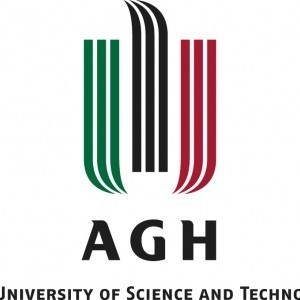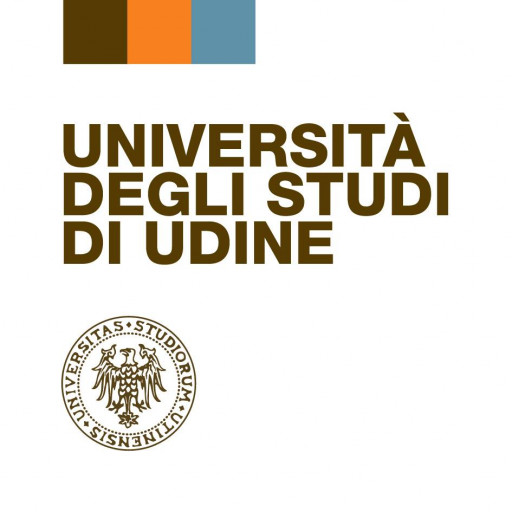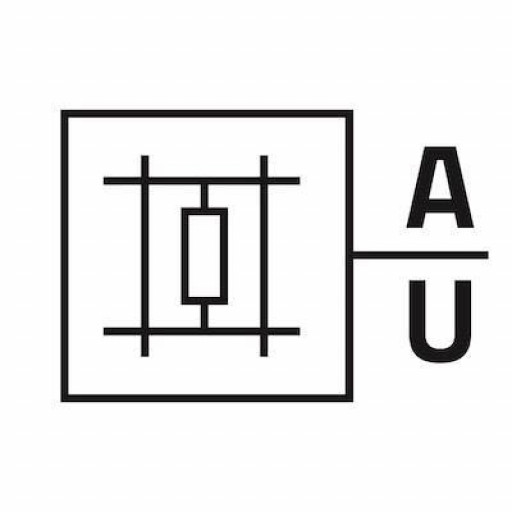Photos of university / #svfu_news
Convergence: Advanced Technology is a cutting-edge master's degree program offered by M.K. Ammosov North-Eastern Federal University, designed to prepare students for the rapidly evolving landscape of modern technological innovation. This interdisciplinary programme integrates knowledge from engineering, information technology, and applied sciences to cultivate professionals capable of developing and implementing advanced technological solutions across various industries. The curriculum emphasizes a comprehensive understanding of convergence technologies, including areas such as nanotechnology, robotics, artificial intelligence, data analytics, and smart systems. Students will gain practical skills through a combination of theoretical coursework, laboratory work, and project-based learning, allowing them to address complex problems in technological development and integration. The program aims to foster innovation, critical thinking, and technical expertise, enabling graduates to contribute effectively to the digital transformation of businesses and public sector organizations. Emphasizing research and development, the program collaborates with industry partners and research institutions to provide students with real-world experience and opportunities for professional growth. Graduates of Convergence: Advanced Technology will be equipped with the knowledge and skills to pursue careers in high-tech companies, research centers, and governmental agencies, contributing to the advancement of society through innovative technological solutions. This programme is ideal for students interested in the intersection of multiple technological disciplines and seeking to be at the forefront of technological convergence and innovation.
Convergence: Advanced Technology program at M.K. Ammosov North-Eastern Federal University is a comprehensive multidisciplinary course designed to prepare students for the rapidly evolving technological landscape. This program integrates knowledge and skills from various fields including information technology, electronics, computer engineering, and modern innovative technologies. Students will explore the core principles of advanced digital systems, develop competencies in programming, software development, and hardware integration, and gain an understanding of the latest trends in technological convergence. The curriculum emphasizes practical skills through laboratory work, project-based learning, and industry-oriented internships, enabling students to apply theoretical knowledge to real-world scenarios.
Throughout the program, students will study topics such as microprocessor architecture, embedded systems, network technologies, cybersecurity, artificial intelligence, and data analysis. Emphasis is placed on fostering innovation, problem-solving skills, and adaptability, preparing graduates for careers in research, development, and implementation of advanced technological solutions. The interdisciplinary approach ensures that students are equipped to work at the intersection of different technologies, promoting versatility and high demand in the labor market.
Instruction is delivered by experienced faculty members who are active researchers and industry professionals, ensuring that students receive up-to-date knowledge aligned with current technological advancements. The program also encourages collaborative projects with industry partners, government agencies, and research institutions, providing unique opportunities for professional development and networking.
Graduates of the Convergence: Advanced Technology program will be prepared to engage in the design, development, and management of innovative technological systems across various sectors such as communications, automation, electronics, and information services. They will be capable of contributing to technological innovation, scientific research, and enterprise initiatives, helping to solve complex technological problems and support modernization efforts. The program aims to cultivate a new generation of specialists who are capable of leading the development of advanced digital solutions and fostering technological convergence in both regional and global contexts.
Program Requirements:
Applicants must have completed secondary education or its equivalent, with a strong foundation in mathematics and physics. Prior experience in computer science or engineering is advantageous but not mandatory. The selection process considers academic performance, motivation, and relevant extracurricular activities. Candidates are expected to demonstrate proficiency in English, as the program's instruction language is English; therefore, an official language proficiency certificate such as TOEFL or IELTS may be required. Additionally, candidates should submit a completed application form, a motivation letter outlining their interest in advanced technology and convergence topics, and academic transcripts confirming their prior education. For international applicants, a notarized copy of relevant documents and a copy of passport are also required. Health clearance and insurance documentation may be necessary depending on the applicant's country of residence. The program may include interviews or entrance tests to assess applicants' technical knowledge and motivation for specialization in convergence technologies. Eligible applicants will undergo a review process, and admitted students will receive confirmation of enrollment. All candidates are advised to review the specific admissions guidelines published on the university website to ensure compliance with the latest requirements.
The financing of the "Convergence: Advanced Technology" master's program at M.K. Ammosov North-Eastern Federal University is primarily supported through a combination of governmental funding, university budget allocations, and student-paid tuition fees. As a federal university in Russia, NEFU benefits from state funding designated for higher education and specialized scientific research endeavors, ensuring substantial financial backing for innovative programs such as this one. The government’s investment aims to promote the development of advanced technological expertise among young professionals, fostering regional and national innovation capacities.
Tuition fees constitute a significant portion of the program's financial model, with costs structured according to the regulations set forth by the Russian Ministry of Education and Science. These fees are paid by students admitted under both competitive and contract-based enrollment schemes. The university offers targeted scholarships, grants, and financial aid programs to support talented students and those facing economic hardships, thereby enhancing access to education and reducing financial barriers.
The university also actively seeks external funding sources, including collaborations with industry partners, research grants, and international educational programs, which contribute to the program’s financial sustainability. Such partnerships often include sponsorships, project-based funding, and joint research initiatives that benefit both students and faculty, while ensuring the program remains cutting-edge and well-resourced.
In addition, the government provides specific funding for applied research components and the development of technological infrastructure relevant to the program’s focus areas. This financial support ensures that students have access to modern laboratories, equipment, and research facilities needed for their practical and scientific work.
Overall, the financing model of the "Convergence: Advanced Technology" master's program is designed to ensure high-quality education through a diversified funding approach. It combines state funding, university resources, student contributions, and external partnerships to provide a comprehensive financial base that supports the program’s goals of advancing technological innovation and research excellence.
Convergence: Advanced Technology at M.K. Ammosov North-Eastern Federal University is a cutting-edge program designed to prepare specialists capable of working at the intersection of various high-tech fields. The program focuses on developing multidisciplinary competencies in areas such as information technology, engineering, and scientific research, positioning graduates to respond to the rapidly evolving demands of modern industry and science. The curriculum includes specialized courses in advanced computer systems, artificial intelligence, machine learning, robotics, and innovative engineering practices. Students are trained to integrate knowledge from different technological domains to create innovative solutions and technological convergence strategies.
The program leverages the university’s extensive research facilities and partnerships with industry leaders to provide students with hands-on experience through laboratory work, project development, and internships. The university emphasizes the importance of a practical approach, ensuring that graduates are not only knowledgeable but also capable of applying their skills in real-world scenarios. The curriculum is regularly updated to include emerging technologies and global trends, ensuring that students remain at the forefront of technological innovation.
Graduates of the Convergence: Advanced Technology program are equipped with a comprehensive understanding of how different technologies can be combined to enhance efficiency, create new products, and develop novel solutions to complex problems. Their expertise prepares them for careers in sectors like IT and software development, engineering design, research, robotics, and high-tech entrepreneurship. Additionally, the program encourages students to develop critical thinking, problem-solving skills, and adaptability—all crucial competencies in the fast-changing landscape of advanced technology. The program emphasizes international collaboration and mobility, offering opportunities for student exchange and joint projects with universities and research centers worldwide.
Overall, the Convergence: Advanced Technology program at M.K. Ammosov North-Eastern Federal University aims to produce versatile specialists capable of leading innovative projects that integrate different technological disciplines to solve contemporary challenges. The program stands out through its interdisciplinary approach, practical focus, and its commitment to fostering expertise that aligns with global technological advancements.










